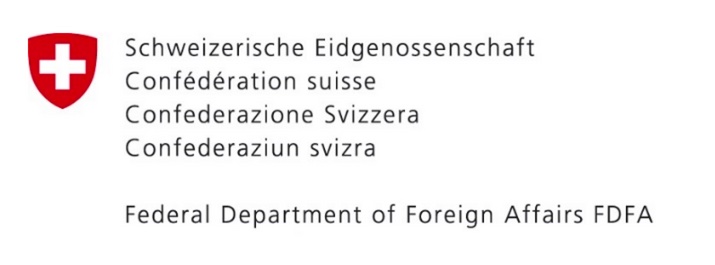Activities > Meetings & Public Discussions > Annual Meetings
Annual Meeting 2016
First Annual Meeting of Frontline Humanitarian Negotiators
25 October – 26 October 2016 | Geneva, Switzerland
The first Annual Meeting of Frontline Humanitarian Negotiators was held at La Pastorale in Geneva from 25-26 October 2016. The main objectives of the first Annual Meeting were to facilitate an informal dialogue among professionals with extensive experience in operational negotiations on the challenges and dilemmas of humanitarian negotiations on the frontlines, as well as to identify expectations of field practitioners toward the new Centre of Competence.
Executive Summary
More than 160 professionals from leading humanitarian organizations as well as academic and policy circles took part in the deliberations. Organized around seven key themes, the Annual Meeting provided a first opportunity to gather experienced humanitarian negotiators in an informal manner with aiming to review a series of challenges and dilemmas arising across their practices.
Overall, participants recognized that humanitarian professionals engaged in frontline negotiations are confronted with increasingly complex environments that require new capacity and resources to analyse conflict situations and networks of actors, understand the perspectives of counterparts, as well as envisage practical avenues for ensuring the implementation of negotiated arrangements. Humanitarian negotiators should be able to draw from local norms and social networks to build ownership around humanitarian requirements and proposed arrangements. They should also remain cognizant of the perceptions of counterparts regarding the potential political dimensions or implications of humanitarian activities. A central observation of the participants related to the importance of sharing negotiation experiences across a community of practice so as to collectively learn and explore ways to improve negotiation practices and outcomes.
Participants observed a lack of understanding within aid agencies of the strategic character of humanitarian negotiations, leaving humanitarian negotiators often isolated and under- resourced. Likewise, negotiation practices on the frontlines seem rarely discussed in policy circles. As a result, frontline humanitarian negotiators often have limited guidance in the planning of negotiation processes, the design of humanitarian arrangements, and the evaluation of cost and benefit of tactical options.
In this context, participants presented a number of expectations toward the new Centre of Competence on Humanitarian Negotiation, including the provision of professional development opportunities tailored to the needs of frontline humanitarian negotiators, the development of practical analytical and planning tools for field practitioners, the preparation of case studies analysing recurring challenges and dilemmas of humanitarian negotiation practices, and the creation of a safe space for the sharing of experience among field practitioners.
The Centre of Competence, together with the Strategic Partners, donor, and members of the community of practice, will review these expectations carefully as the Centre of Competence plans its first year of activities.
Partners
The Annual Meeting was made possible thanks to the support of the Swiss Federal Department of Foreign Affairs.


